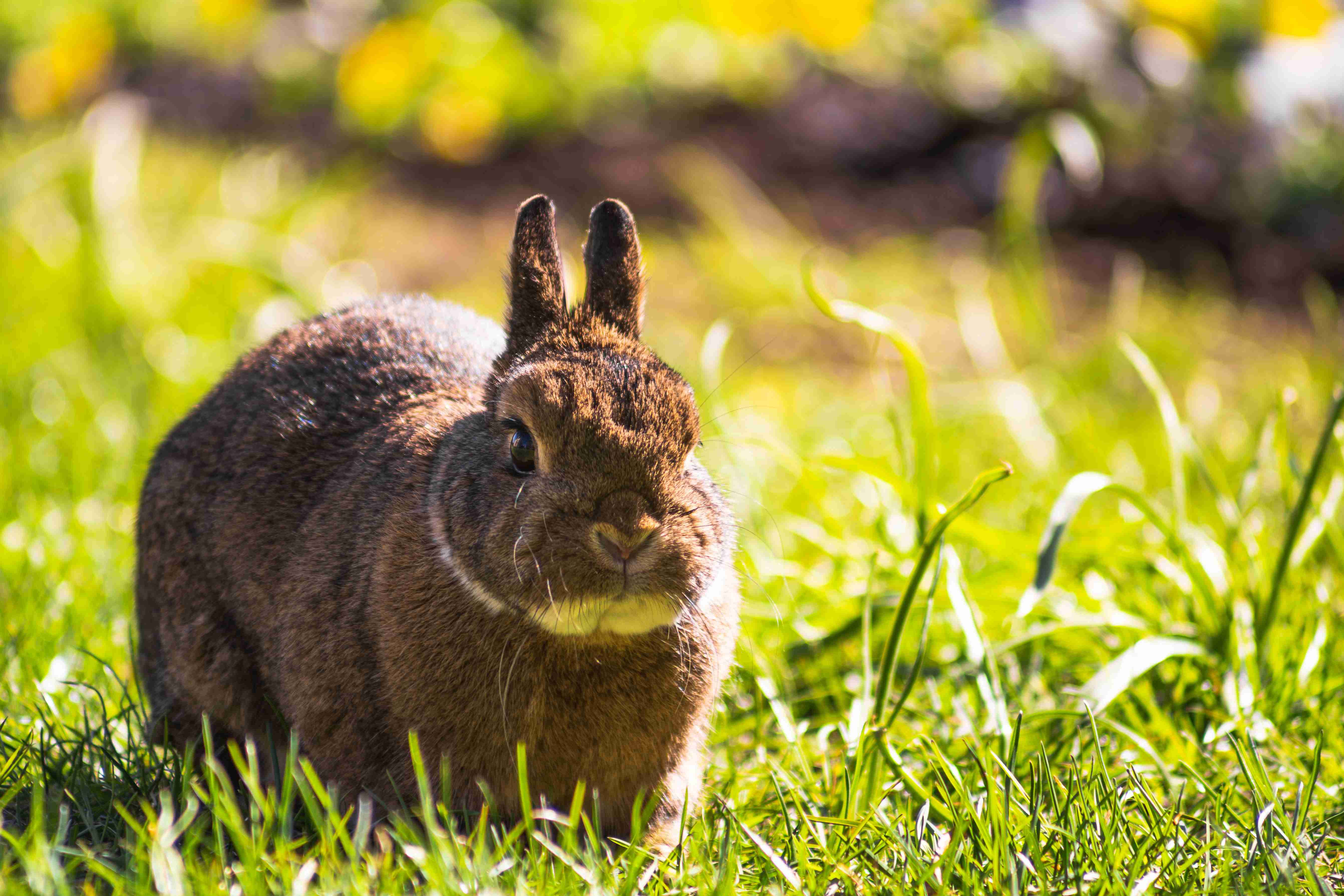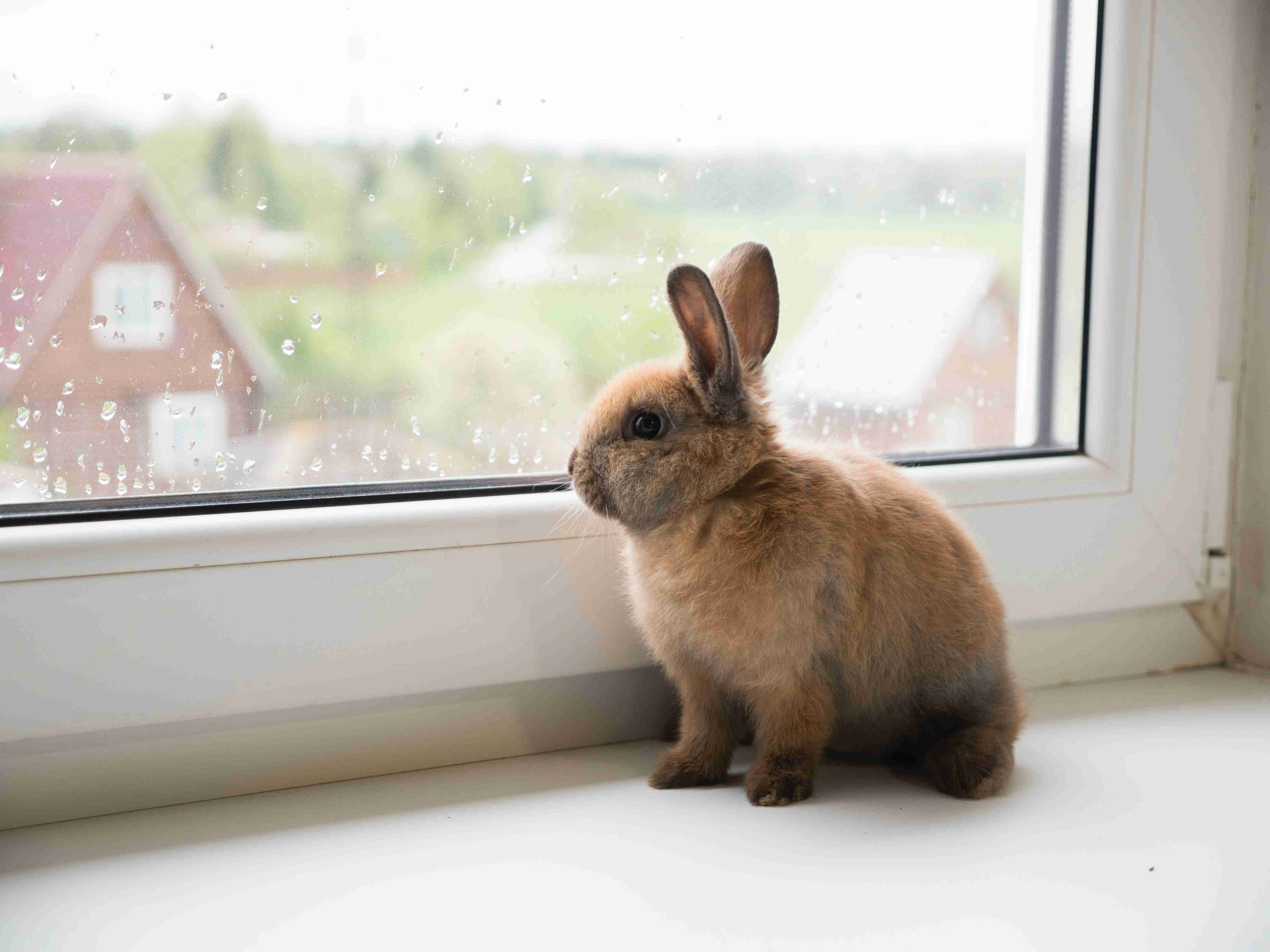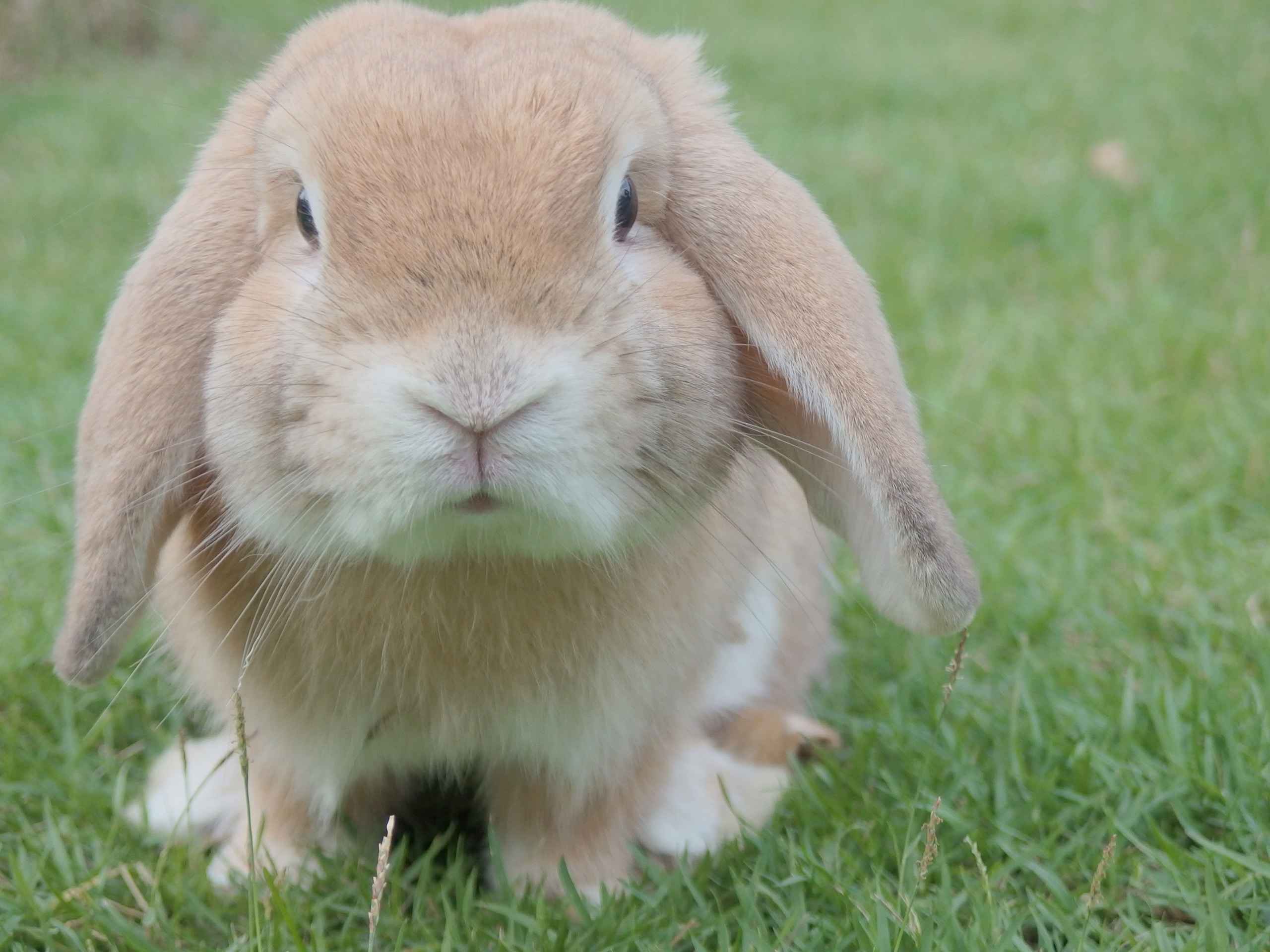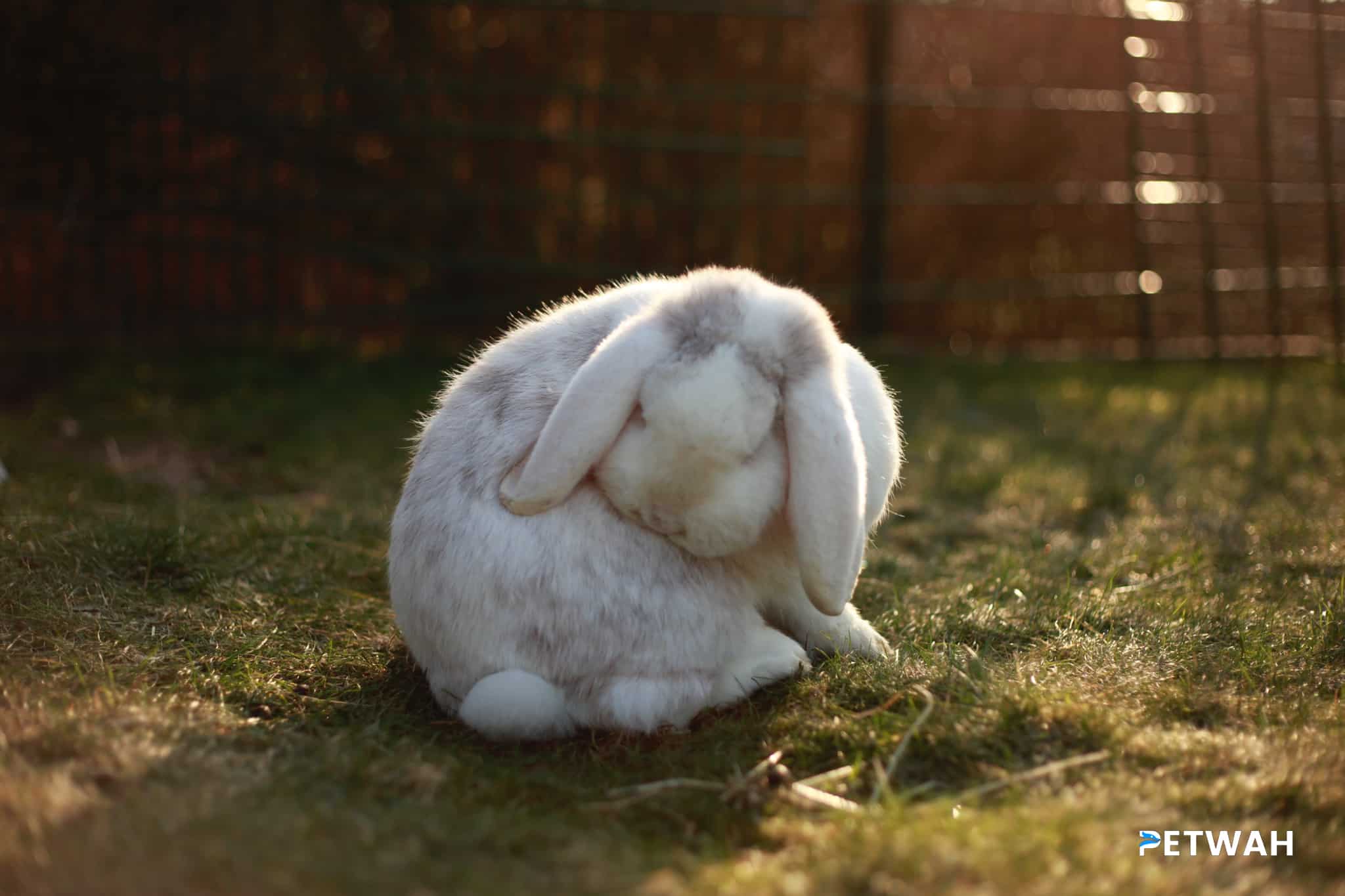Rabbits are adorable and lovable pets that have become increasingly popular as companions to many people. As a rabbit owner, it is essential to be aware of the potential health issues that your furry friend may face, including urinary tract problems. Urinary tract issues in rabbits can cause severe discomfort, pain, and even death if left untreated. This blog post will highlight some common symptoms and warning signs of urinary tract problems in rabbits, helping you identify the issue early and ensure your rabbit receives the necessary treatment. So, let’s get started!
Urinary tract issues are common in rabbits and can be a serious health concern if left untreated. As a responsible pet owner, it is essential to learn about the symptoms and warning signs of urinary tract problems in rabbits. In this blog post, we will discuss the common symptoms of urinary tract issues in rabbits and how to identify them.
1. Straining to urinate: One of the most common signs of urinary tract problems in rabbits is difficulty or straining while urinating. Rabbits may appear to be straining, vocalizing, and may even be observed to be in pain while passing urine.
2. Frequent urination: If you notice your rabbit urinating more frequently than usual, it could be a sign of a urinary tract problem. Frequent urination can also be accompanied by dribbling of urine and an increased frequency of litter box usage.
3. Blood in urine: Blood in urine is a significant indicator of urinary tract problems in rabbits. If you notice any discoloration in your rabbit’s urine, such as pink or red, it is vital to seek veterinary care immediately.
4. Loss of appetite: Another symptom of urinary tract problems in rabbits is a loss of appetite. If your rabbit is experiencing pain or discomfort while urinating, they may refuse to eat or drink.
.jpg)
5. Lethargy: Rabbits with urinary tract issues may also appear lethargic and have a lack of energy. This could be due to pain, discomfort, or a lack of nutrients from not eating.
6. Inappropriate urination: If your rabbit is urinating outside of their litter box or in places they usually wouldn’t, it could be a sign of a urinary tract problem. This behavior is often due to pain and discomfort while urinating.
7. Swollen belly: A swollen belly can be a symptom of a severe urinary tract problem in rabbits. This symptom is caused by the buildup of urine in the bladder, which can lead to blockages and other complications.
If you notice any of these symptoms in your rabbit, it is crucial to seek veterinary care immediately. Urinary tract problems in rabbits can be life-threatening if left untreated. Your veterinarian will perform a physical examination and may recommend further testing, such as x-rays or blood work, to diagnose the issue.
Overall, urinary tract problems in rabbits are not uncommon and can be a serious health concern. As a pet owner, it is essential to be aware of the common symptoms and warning signs of urinary tract issues in rabbits. By monitoring your rabbit’s behavior and seeking veterinary care promptly, you can help prevent serious health complications and ensure your rabbit lives a happy and healthy life.
In conclusion, urinary tract problems in rabbits can be a serious issue that requires immediate attention. By being aware of the common symptoms and warning signs, you can take proactive steps to ensure your furry friend stays healthy and happy. Remember, prevention is always better than cure, so ensure your rabbit is getting the right diet and plenty of water to minimize the risk of developing urinary tract issues. If you do notice any of the symptoms we’ve discussed in this article, don’t hesitate to seek veterinary care to give your rabbit the best chance of a full recovery. Your rabbit will thank you for it!


.jpg)


.jpg)


.jpg)